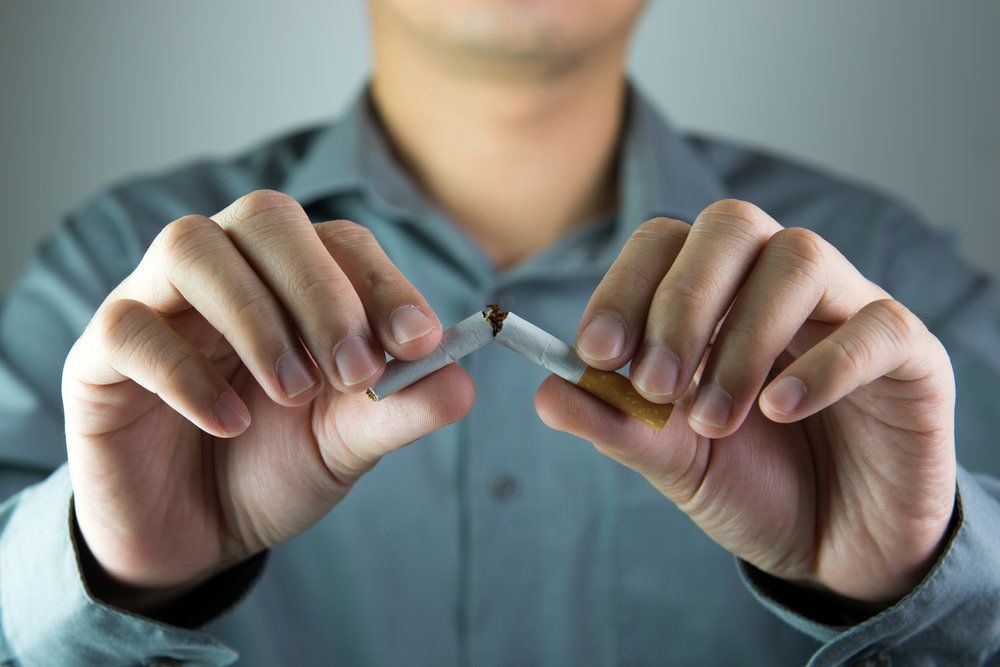Smoking not only poses serious risks to overall health but also significantly affects oral health, including the success of dental implants. If you’re considering dental implants or have already undergone the procedure, it’s crucial to understand the potential negative impact smoking can have. Here’s what you need to know:
- Delayed Healing: Smoking impairs blood flow and reduces oxygen levels in the bloodstream, which can hinder the healing process after dental implant surgery. Slow healing increases the risk of complications and implant failure. It is essential to allow sufficient time for the implants to integrate with the jawbone, and smoking can significantly delay this crucial process.
- Increased Risk of Infection: Smoking weakens the immune system, making it less capable of fighting off infections. Dental implants are susceptible to infection during the healing period, and smokers have a higher risk of developing infections around the implant site. This can compromise the stability of the implant and jeopardize its long-term success.
- Higher Implant Failure Rate: Studies have shown that smokers have a higher rate of dental implant failure compared to non-smokers. Smoking impairs the bone-healing process, making it difficult for the implant to fuse with the jawbone properly. As a result, the implant may become loose or fail to integrate, requiring additional treatments or even implant removal.
- Increased Risk of Peri-implantitis: Peri-implantitis is a severe complication characterized by inflammation and bone loss around dental implants. Smoking is a significant risk factor for peri-implantitis. The toxins in tobacco smoke contribute to the breakdown of gum tissue and bone, leading to the loss of implants.
- Compromised Aesthetics: Smoking can stain teeth and dental restorations, including the artificial teeth attached to dental implants. The discoloration can negatively impact the appearance of your smile and compromise the aesthetic outcome of your dental implant restoration.
Quitting smoking is strongly advised to optimize the success and longevity of dental implants. By quitting, you can improve your overall health, enhance the healing process, reduce the risk of complications, and increase the chances of long-term implant success.
If you’re considering dental implants, it’s essential to discuss your smoking habits with Dr Ivanov. They can provide guidance and support in quitting smoking and offer alternative strategies to help you achieve a successful dental implant outcome.
Remember, smoking can significantly impact the success of dental implants. By quitting smoking and maintaining a healthy lifestyle, you can protect your investment in dental implants and enjoy the benefits of a beautiful, functional, and long-lasting smile.

